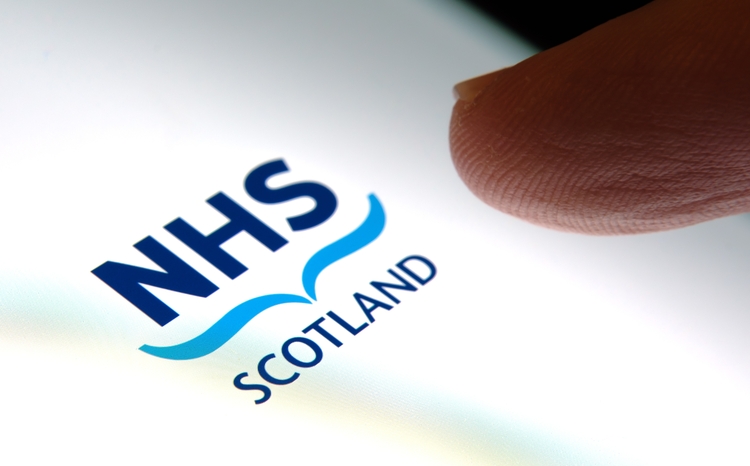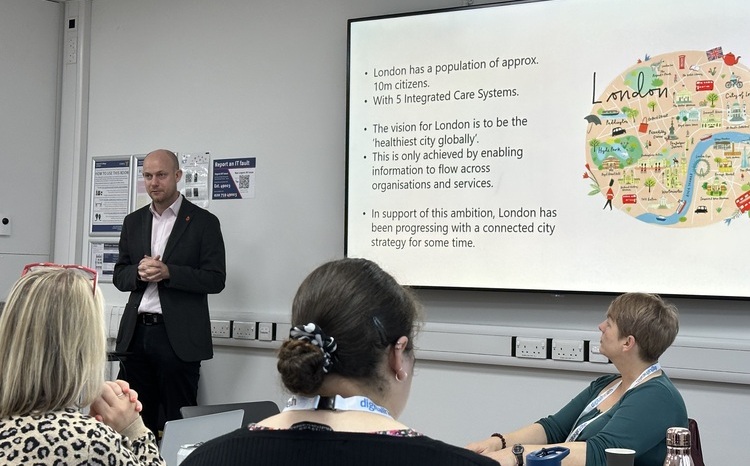Healthcare Interoperability Preview 2
- 16 October 2008

In the second of our previews of our Healthcare Interoperability exhibition and conference, E-Health Insider editor Jon Hoeksma talks to industry experts about the future of healthcare IT. Their message: the era of big bang is over and the future belongs to best of breed.
Interoperability has been an thorny issue for the IT industry since the second computer was created. For an organisation as complex and varied as the NHS, it is particularly daunting.
Achieving interoperability, so that data follows patients and is not tied into any one source system or institution, has been a core goal of the National Programme for IT in the NHS – and, indeed, the strategies that preceded it. Industry experts say there must now be a focus on standards, not standardisation, to finally achieve it.
NPfIT’s original plan was to achieve interoperability through “ruthless standardisation.” The intention was to standardise on a handful of systems, which would be able to internally share data and then be tightly integrated into a national data spine.
But such ruthless standardisation didn’t allow for the high degree of local configuration required by the wide range of often very different NHS organisations. One – or even two or three – sizes signally failed to fit all. As a result, NHS Connecting for Health, the agency in charge of the programme, and its main suppliers have rethought how best to achieve interoperability.
Sean Riddell, chief executive of EMIS, explains the shift: “The approach on interoperability has changed from single systems to systems that can talk to one another across the breadth of healthcare.”
John Moriarty, CEO of US health integration techoloogy firm Bridge Forward, describes the “ruthless standardisation” of systems as discredited. “Big bang is dead. Best of breed is really the only way to go,” he says.
Best of breed means using standards-based interoperability to enable a variety of best in class systems to work together. So, a hospital might use different suppliers for its maternity information system, theatres and A&E because they are the best available. But common standards would mean they could still work together.
A health community might run best of breed systems for community, primary care and acute care; not because it was fragmented and disconnected, but because the niche suppliers were better able to serve each specialist area.
London’s local service provider BT has been explicit in adopting a lower risk, best of breed approach in the capital, underpinned by interoperability.
Computer Sciences Corporation, the LSP for the North Midlands and East of England has also recently placed more emphasis on helping trusts integrate their local systems to the LSP products.
Phil Birchall, healthcare business director of Intersystems, which is supplying integration technology to the trusts covered by CSC, says: “If you look at the UK it is clear that there will be a continuing need for best of class solutions. We will continue to see multiple applications that need to interoperate.”
But for a best of breed approach to work, interoperability of data is essential. “Where once interoperability was seen as a necessary evil, or came at the end of the project, it is now being seen as essential and strategic,” says Moriaty.
He adds that increasingly healthcare systems around the world are looking at common standards, rather than standardisation and moving to Service Orientated Architecture to enable interoperability, rather than past hub-and-spoke approaches.
Offering an international perspective Birchall says: “We are seeing new strategies and approaches being developed, based on interoperability.”
Riddell says that the underlying principle of healthcare interoperability is to standardise core data to free it from any proprietary system, so it can be used by any compliant system.
“We should standardise data across the health industry,” he says. “Unfortunately, in the UK, we’ve still got protectionism. Interoperability is first of all a state of mind. Authorities and suppliers need to realise it is in their interests and those of patients to interoperate.”
Riddell adds that by opening up their applications, adopting standards and freeing data, suppliers can benefit from greater innovation, driving adoption, in turn leading to more customers using their technology and services.
“It’s a network effect, that’s almost counterintuitive. The more you let go, the more you can benefit. Facebook, for instance, has seen growth take off since it opened up its APIs [Application Programming Interfaces] to anyone.”
He says that organisations and suppliers that choose not to interoperate, for protective or defensive reasons, risk becoming isolated and withering away. “By interoperating you are protecting your core product and service by becoming part of a much wider eco-system.”
For the NHS, therefore, Riddell says that interoperability outside the current, closed LSP eco-systems is essential. Indeed, he calls on LSPs to prioritise interoperability beyond their walls. “If the aim is to achieve an integrated health service where data follows patients, who have a choice of providers, you can’t have LSP systems that don’t talk to non-LSP systems.”
The EMIS CEO concludes: “I do think that the LSP contracts will move to standards-based interoperability.”
Bridge Forward, Intersystems and EMIS will all be exhibiting at E-Health Insider’s 30 October Healthcare Interoperability conference and exhibition, in Birmingham. For full details and to book to attend visit www.healthinteroperability.com




